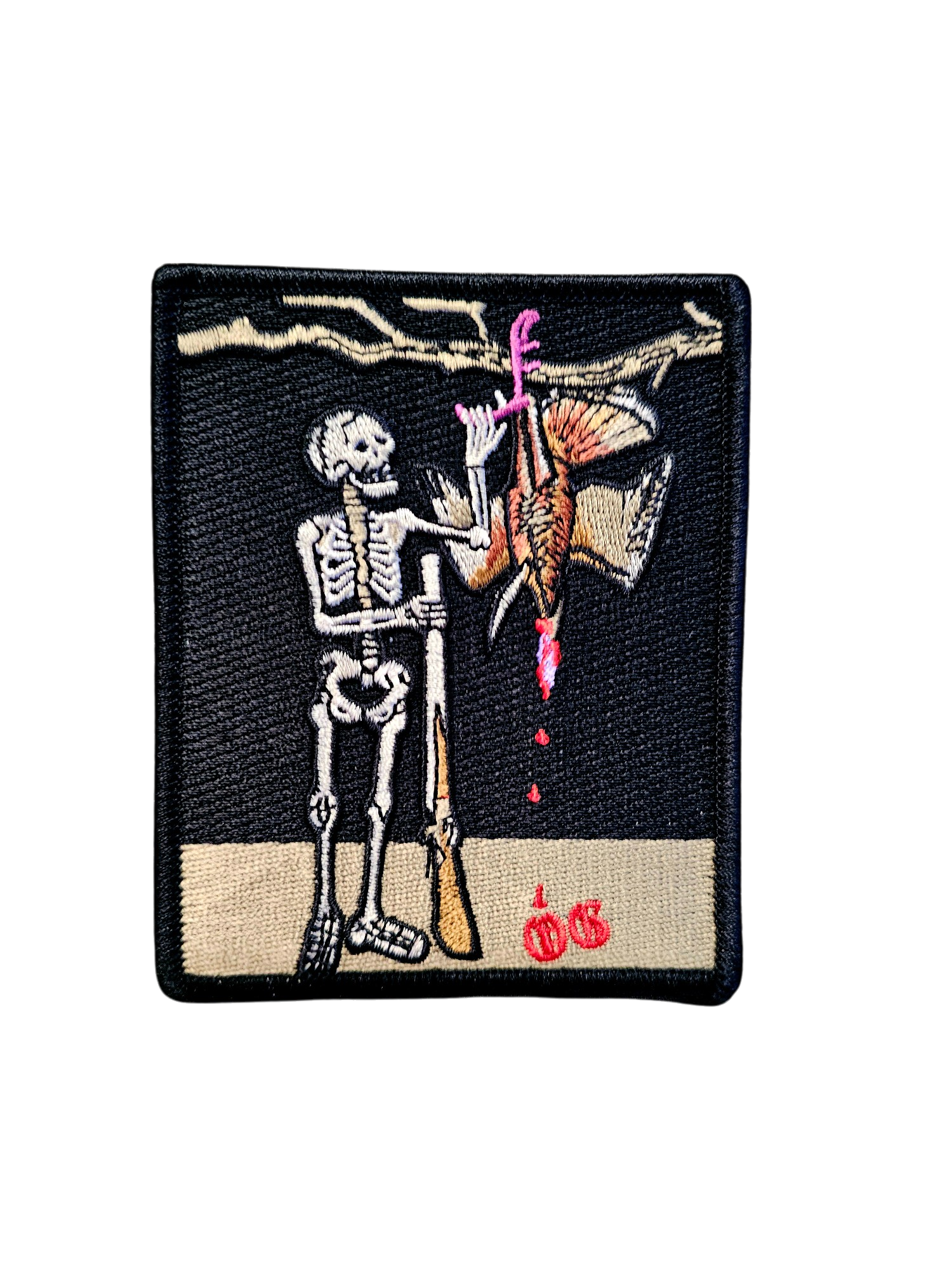info over load comming your way...
I wrote this up for some guys asking the same question over on Archery talk earlier this year
Most popular surfaces are Glass, Slate, Aluminum, ceramic and Copper is increasing in popularity with many custom call makers. There are also slight variations to surfaces themselves such as bronzed glass, bead blasted glass, crystal, Frying pan aluminum, anodized aluminum, blasted aluminum just to name some. Sound boards can be made out of the same materials as surfaces plus different woods and even acrylic and corian a countertop material that can be worked similar to wood.
Decide what kind of sound you want.. high pitched, soft, raspy, loud, mid range.. this will help you find the surface you want. Best way to do this is try a few, from friends, in stores, and also listen to samples on youtube, call makers websites, and sound files on
Oldgobbler.com/forum. Here is a brief description about surfaces.
Slate: Slate is a great surface and is one of the more popular surfaces. It is very easy to use and maintains extremely well, simply clean it off with a green scotch brite pad and keep the striker clean and you will be running yelps and clucks in no time. Slate usually is a softer tone and is great for lighter non aggressive calling with good role over and clean yelps and clucks. Slate doesn't take to moisture very well and is virtually useless on a rainy day which is its one big down fall.
Glass/Crystal is slightly different in composition but close enough to be included here together. Crystal has a higher lead content which makes it a bit softer than traditional glass. Also used is bronzed glass which is extremely hard, the advantage of that is that it requires far less re-conditioning. Glass/Crystal has a higher pitched front end that can be extremely loud and ear piercing of soften into a very sweet high note. Depending how the call is built it finish high and clear or break into extremely edgy rasp. Glass can be tougher to perform maintenance and conditioning on for the newbie caller but is not difficult. Most use a sanding stone going only in one direction to get base down and finish it in the field and from time to time with 100 or 110 sand paper again only going in one direction.
Aluminum finishes out the top 3 most popular surfaces. Most custom call makers choose to use an anodized aluminum which requires very little maintenance. Personally I find aluminum to be the most versatile surface at being able to go from loud to soft and clear to raspy as well as all-weather performance with the right striker. Anodized aluminum requires no sanding just wipe it with an alcohol pad from time to time which make it a very field friendly surface.
Copper is a little more rare but is popular with many here on the site because it offers a unique sound quality that the other surfaces don't have. It has a metallic edge to the rasp it produces that can work when everything else doesn't. It takes a bit more care being a softer metal and needs a good sanding. It also seems to like less striker pressure than other surfaces and squeaks out if you try and put too much into it.
Ceramic is another surface that can sound awesome and somewhat combines attributes from slate and aluminum. It can be conditioned with a light sanding stone and maintained with a scotch brite, BUT it doesn't require any conditioning at all and you would always ask the call maker what he recommends. It produces the most realistic cluck and purr of slate while being able to reach a little higher and edgier on the yelp like aluminum. Ceramic is the call I use when the birds have liked the slate but it's just too wet or humid to get a consistent sound on.
Once you have picked a general sound you are looking for, think about the weather you hunt in and how much conditioning you want to be doing. Second Set a price range, you can spend a lot on custom call but there are some very affordable calls built for sound and not looks that can be had. Don't think that you need to spend a ton to get a great sounding call.
Another piece of advice I would give is when you buy a call ask the call maker what striker materials pairs well with that particular call. Then buy a quality striker or two so make sure you save a little in the budget for those. There are some strikers when paired with the right surface will play even when wet, its always good to have one on hand such as a carbon, corian tipped, or a coated striker for those wet mornings. A striker to a pot call is what fuel is to a race car. Without it you're noting going to get much done and the higher quality you have the better the car or call will perform up to its potential. I have 6 pot calls and one of each surface mentioned with about 15-20 strikers that I use to find the perfect match.
My last tip is to pay attention or look up calling contest awards, not every call is entered in all contests nor is every contest judged the same. But chances are if a call or call maker has won multiple awards then it's a safe bet that he turns out a pretty good pot call that can make some darn good turkey sounds in the right hands.















